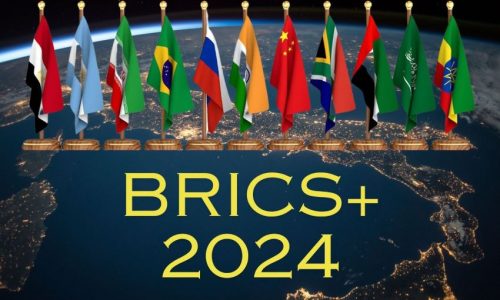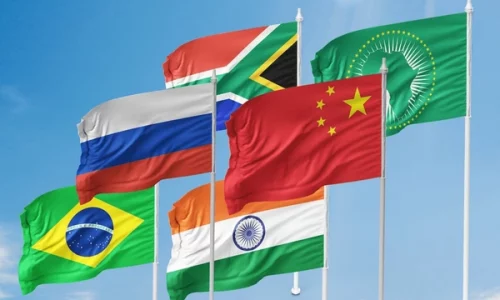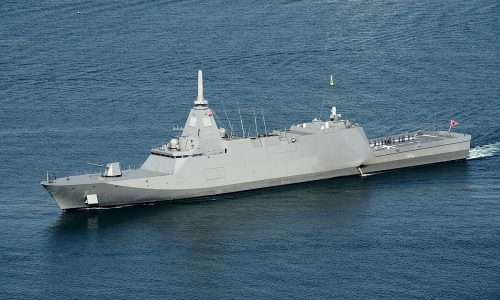The governments of Indonesia and South Korea are joining forces to establish an electric bus ecosystem in Bali, aimed at bolstering public transportation.
Vivi Yulaswati, Deputy for Maritime Affairs and Natural Resources at the Ministry of National Development Planning (Bappenas), stated that this collaboration aligns with Indonesia’s goal of achieving net-zero emissions by 2060, with the transportation sector being the second-highest contributor to emissions in the country.
The Indonesia-South Korea pilot project will be conducted in four regions of Bali—Denpasar, Badung, Gianyar, and Tabanan (Sarbagita)—over the next three years.
Vivi mentioned that the trial-and-error phase is expected, hoping for success within the initial three years and subsequent expansion to 20 other major cities.
During the trial period, Bappenas will prepare the necessary infrastructure, including procuring buses, building charging stations, planning routes and sidewalks, and deploying field operators.
The testing of the electric vehicle ecosystem and the development of a green transportation investment roadmap in Bali will cost approximately US$ 8.8 million. Funding for the project will be supported by the partnering nations and the Global Green Growth Institute (GGGI).
Until December 2027, GGGI will assist in feasibility studies, implementation, financing, and the provision of electric buses and associated ecosystems.
Jaeseung Lee, GGGI’s Representative for Indonesia, highlighted that this project marks GGGI’s first collaboration with the Indonesian government in the electric vehicle sector during their decade-long partnership. The goal is to attract public interest in using affordable and comfortable public transportation.
Suy Hyun Lee, Director of the Climate Change and International Cooperation Bureau at the Ministry of Environment, South Korea, expressed support for the project and offered further collaboration, particularly in environmental aspects.
She emphasized the broader impact of climate change on Indonesia’s environment, economy, tourism, and society. Lee proposed additional collaboration in areas such as water resources, waste management, and greenhouse gas capture to collectively address climate change.
IGW Samsi Gunarta, Head of Bali’s Transportation Agency, voiced support for the program to achieve the emission-free target by 2045. Gunarta mentioned that Bali already has diesel buses in its public transportation fleet.
The electric bus initiative will commence in the Sarbagita region, known for its sustainable urban mobility plans. The subsequent phase targets Klungkung, aligning with plans for the construction of the Bali Cultural Center to stimulate new economic growth.
This collaboration represents a significant step towards sustainable and eco-friendly public transportation, contributing to both nations’ environmental and climate goals.









